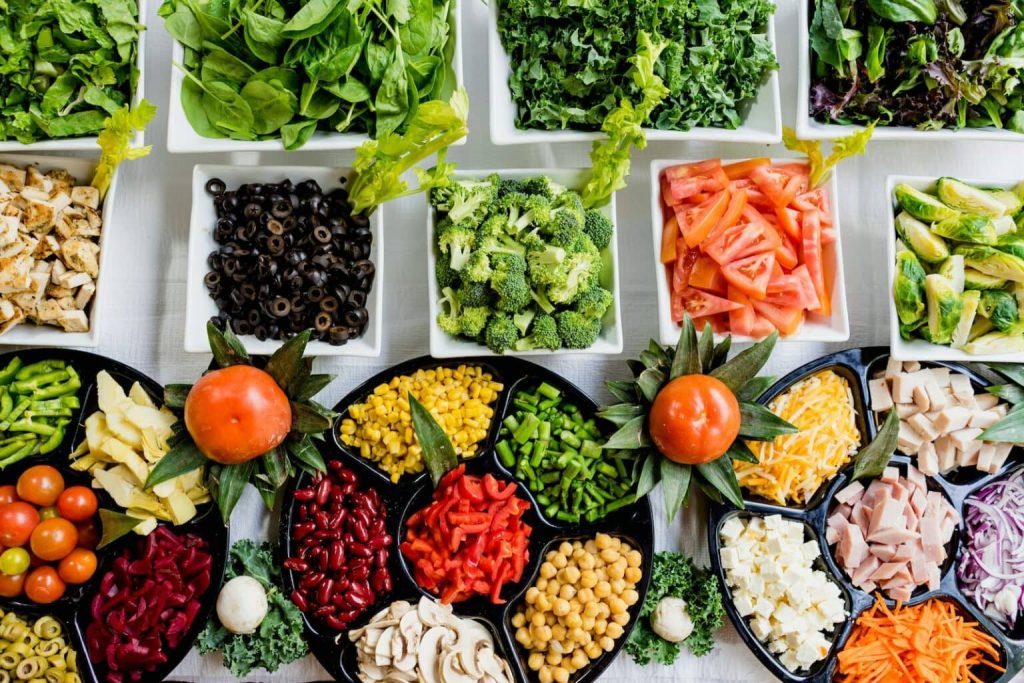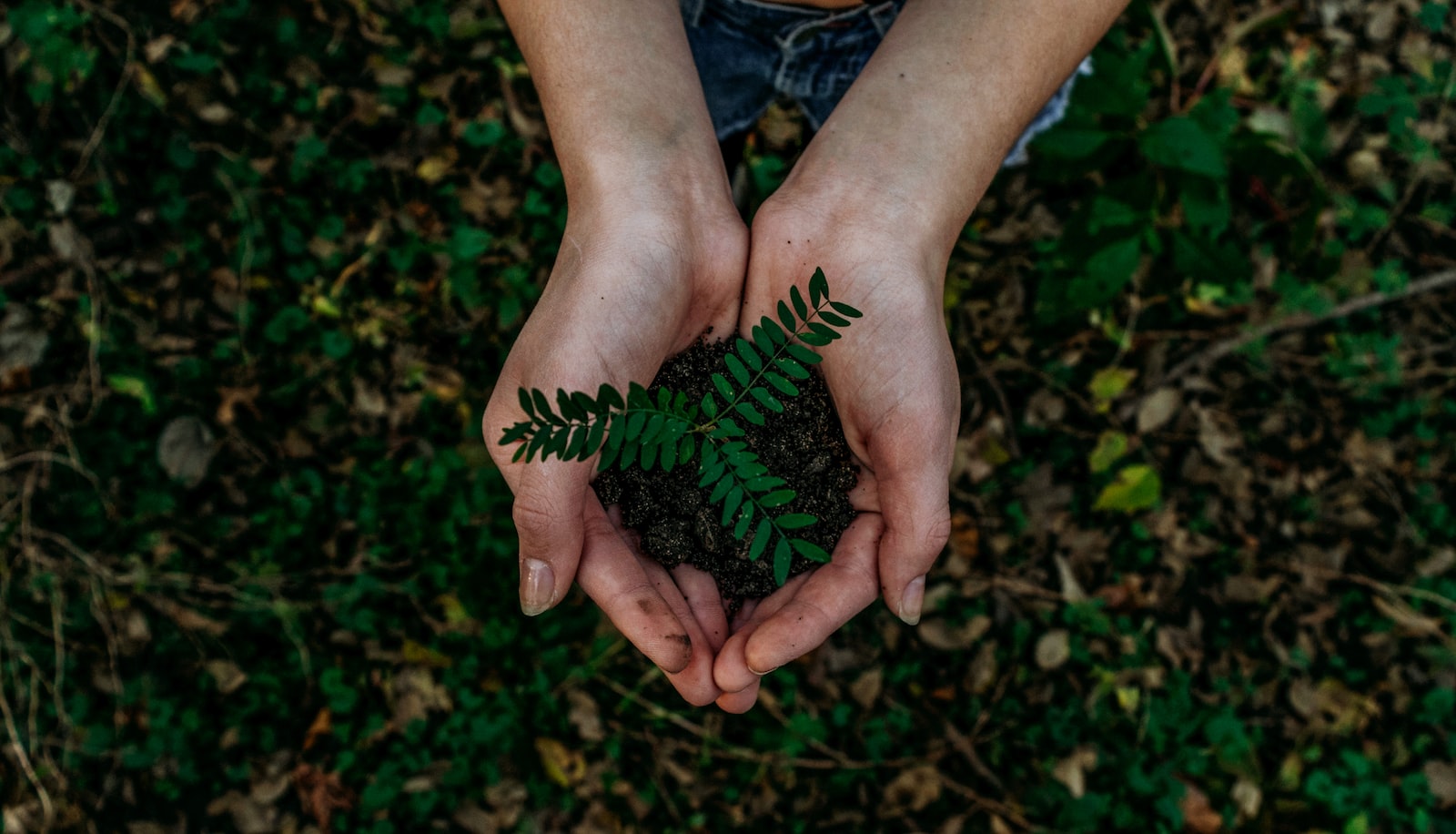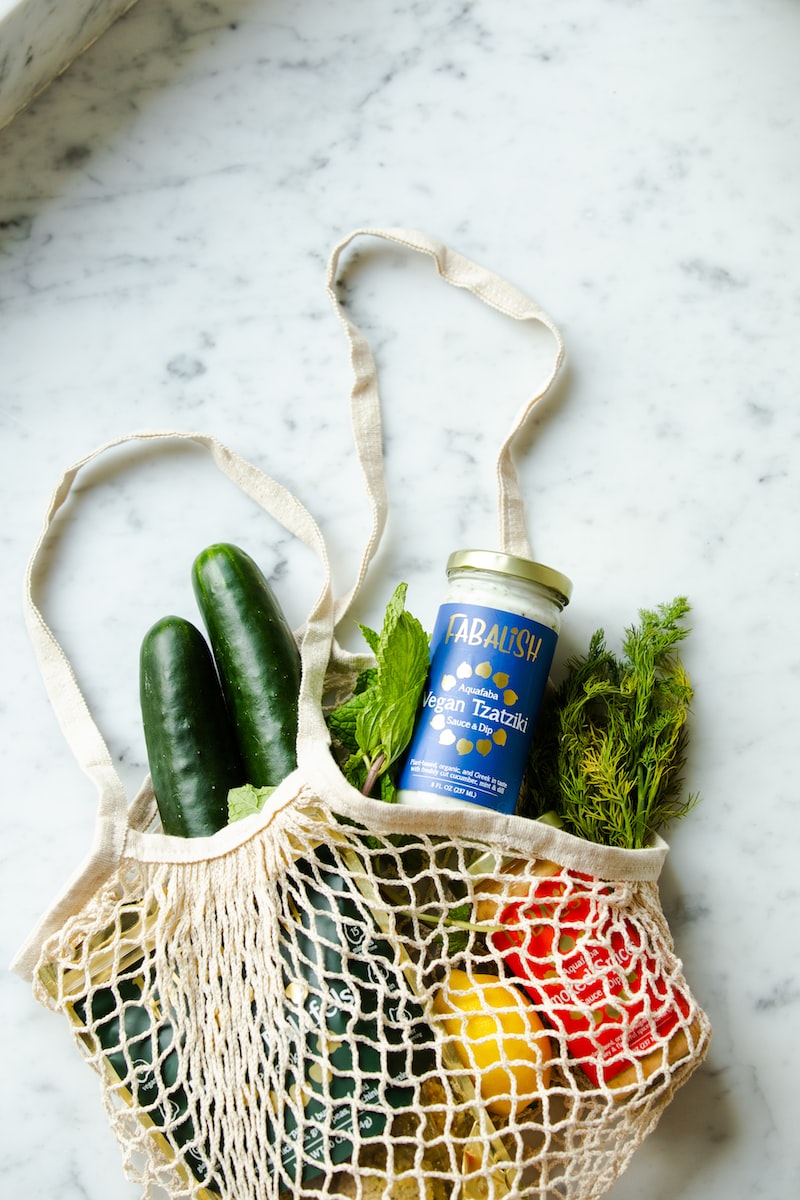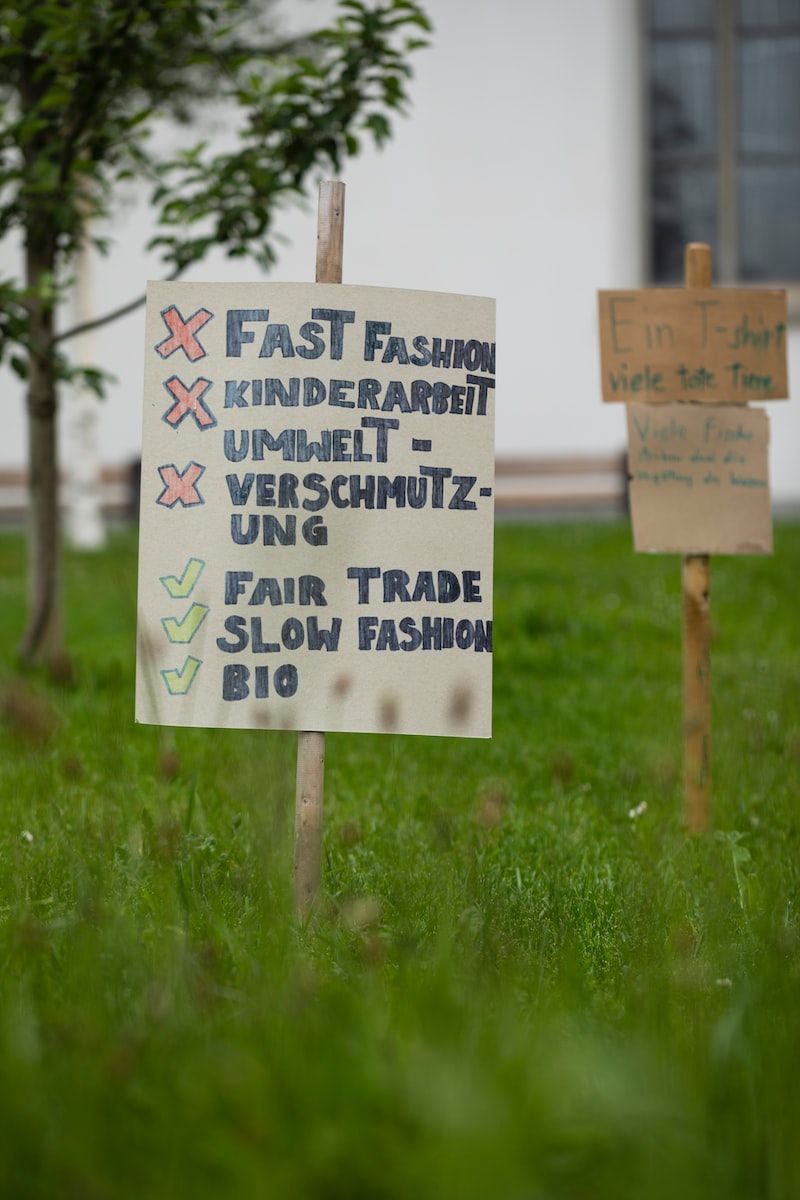If we want to protect our planet, our health and the well-being of people and animals, we need to drastically reduce our meat consumption. Meat is an important part of heritage and identity. It is the cultural foundation of many communities around the world. But with the rise of the global middle class, societies are eating more and more meat. This is also common in rich countries, where the hunger for processed beef, pork and chicken is at its peak. With the rise of meat consumption, health concerns also arise. Research shows that a diet of high meat consumption increases the risk of obesity, cancer and heart disease.
It also makes the planet sick. Raising cattle, pigs, and chickens emits as many greenhouse gases as all automobiles, trucks, and cars combined. Farmers have cleared millions of square miles of forests for grazing, thus destroying natural carbon sinks; anything that absorbs more carbon from the atmosphere than it releases – for example, the ocean, plants or soil.
We are not advocating that everyone should go on a “meat-free” diet tomorrow, but we all need to develop “meat consciousness” and reduce our meat consumption. A shift to plant-based foods is essential to combat climate change, soil, air and water pollution, and many other challenges posed by industrial animal agriculture. Eating less meat or dairy each week and reducing food waste can have a huge impact on our collective health and the health of our planet.
5 Reasons Why Meat is Bad for the Environment
1. Drives climate change
Healthy trees are essential for sequestering carbon from the atmosphere. If we cut them, they can no longer help fight climate change. However, industrial meat production forces deforestation, which releases billions of tons of carbon dioxide into the atmosphere and accelerates global warming. Plus, fallen trees often rot or burn on the forest floor, creating more emissions.
In the end, the impact of meat production and consumption on climate change is almost the same as all the driving and flying of every car, truck and plane in the world.
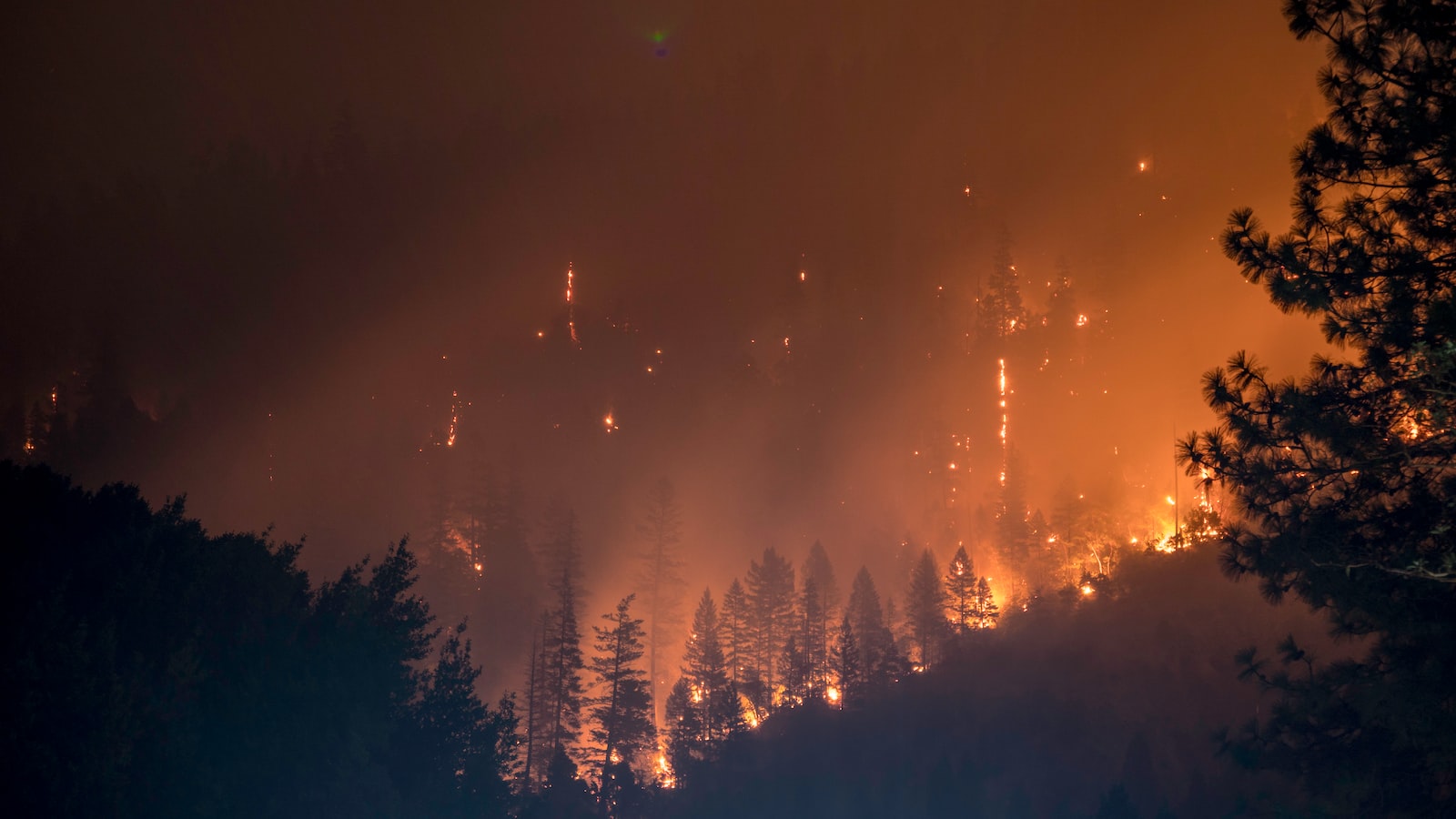
2. Causes deforestation and forest fires
Industrial meat production is the most significant cause of deforestation worldwide. In Brazil, farmers have deliberately set fire to the Amazon rainforest to make space for cattle and grow industrial animal feed such as soya for UK farms.
3. Reduces biodiversity
We depend on a healthy environment to survive. Biodiversity, which is diversity in nature, is essential for food, clean water and medicine. However, the industrial meat industry is contributing to the extinction of thousands of species through deforestation. A drastic loss of biodiversity, primarily due to industrial agriculture, may pose a great threat to our lives as climate change.
4. Increases the risk of future pandemics like Covid-19
Destroying forests and other wild areas for livestock grazing is a major cause of new epidemics and infectious diseases. Deforestation and forest fires bring wildlife closer to humans, allowing deadly viruses to pass from animals to humans. The more forests are destroyed, the greater the possibility of new outbreaks. However, this is not the only disease risk in the industrial meat industry.
Industrial farms also increase the spread of disease between animals and humans. When a big number of animals are gathered in narrow spaces, it increases their susceptibility to diseases and weakens their immune systems. This means the virus can evolve faster and spread to humans.
5. Creates an imbalance in food distribution
It takes 14.52 kg of grain to produce about 1 kg of beef. If people chose to eat less meat, this grain can be used to feed people instead of animals. If you reduce your meat consumption, it can create a better balance of distributing more food to more people.
How to Switch to a More Sustainable Diet?
Here are some really simple things you can do that can help reduce the total amount of meat you consume on a weekly basis.
1. Learn about meat production
If you are not ready to reduce your meat intake but want to know more about why reducing it is important, here are three movies worth watching:
Cowspiracy: The Sustainability Secret – a documentary that follows Kip Andersen, an avid environmentalist on his quest to find the most sustainable way of living in an effort to combat one of the most pressing problems in our world today- climate change.
Meat the Truth – a documentary that increases awareness on the livestock industry as an important contributor to climate change. It is a good introduction in understanding the link between livestock farming and carbon emissions.
The Game Changers –an eye-opening documentary where a UFC fighter embarks on a quest to find the optimal diet for human performance and health.
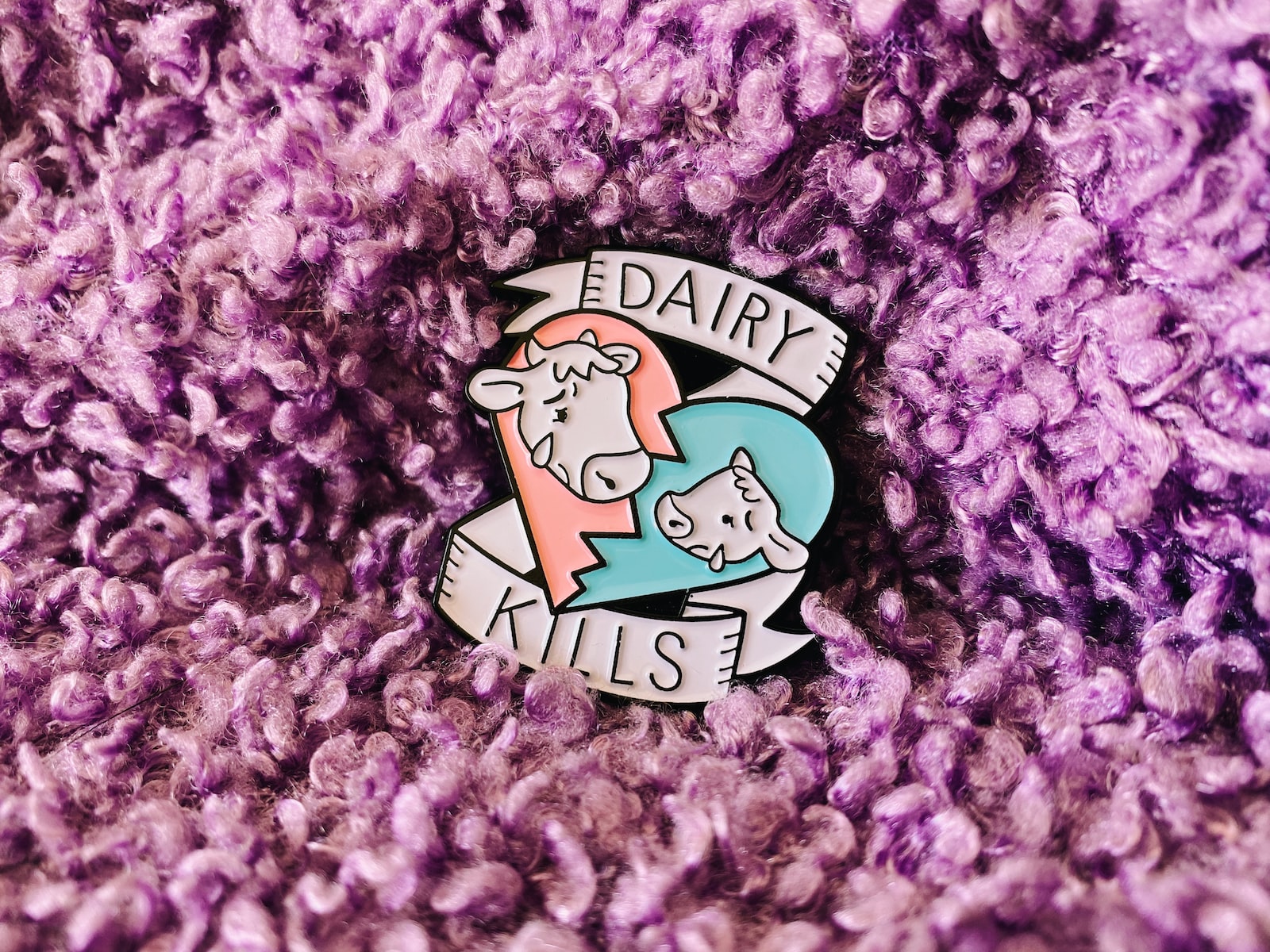
2. Find alternatives
Finding alternatives to dairy and meat products is easier than you think. You can start by switching to plant-based options that will not cause too much change in your life. For example, try plant-based milk and vegan yoghurts.
Or instead of meat, try other protein-packed options like beans, lentils, broccoli, tofu, or tempeh. There are so many options now available at the supermarket that are delicious and affordable. Plus, online recipes are easily available these days. A simple search on the internet is all you need!
3. Buy a plant-based cookbook
There are thousands of cookbooks with recipes that do not contain meat. Having a cookbook helps us reduce our meat consumption and inspires you to make the switch. Download Faircado to find the second-hand cookbook of your choice. Make a challenge out of it and see how many recipes you can cook.
4. Find vegetarian and vegan restaurants
Explore beyond your own kitchen and try out vegetarian and vegan restaurants. Search for ‘vegetarian restaurants near me’ in your favourite browser and you’re likely to be presented with a long list of options to try out. There are many meat-free restaurants that are emerging in major cities these days. They also have a variety of options that will fit any palette.
5. Challenge yourself to choose the meat-free options
Even if you do go to a traditional, meaty restaurant, take a look at the meat-free options. Many restaurants are fighting to attract the new wave of vegetarian and vegan eaters so you will find a growing selection of options on most menus these days. If you are into fast food, even Mcdonald’s and Burger King have jumped on the plant-based bandwagon.
You can also look for Indian or Mexican restaurants as they tend to have lots of meat-free options. Also, they can typically adjust meals to accommodate vegetarian requests.
6. Set a goal and track your progress
Setting goals is always a great motivator to achieve what you want. Set yourself a realistic target for how much meat you’d like to cut out of your diet and for what reason you are doing so. Decide how many meals a week you want to be meat-free, but set a pace that you are comfortable with. Track each meat-free meal you eat in a diary or tracking app. This will help you keep track of your goals and to see how far you’ve come!
If you are not happy with your progress, do not beat yourself up. Re-focus, set a new goal and take steps to adjust the course. It is all part of the eco-friendly journey. When you reach your goal, celebrate!
Tell your friends, shout it out on social media, or silently dance around your living room. No matter how you express yourself, make sure to celebrate your win and congratulate yourself for making a difference- to your body and the planet!

Less Meat Leads to a Healthy Diet and Planet
To achieve a sustainable, healthy diet it is essential to eat more plant-based foods and reduce our meat consumption and other animal products. Something as simple as reducing your meat consumption can have a big, positive impact.
Remember that reducing your environmental impact does not have to be all or nothing. It is about taking whatever steps you can to create new habits and even inspire others.
Focus on the big picture. A little less meat today may not seem like a significant contribution, but less meat over time will add up to a meaningful impact. Aim to do your part, whatever that may look like.
Check out the Faircado magazine for more tips and tricks on how to live a more sustainable life.
